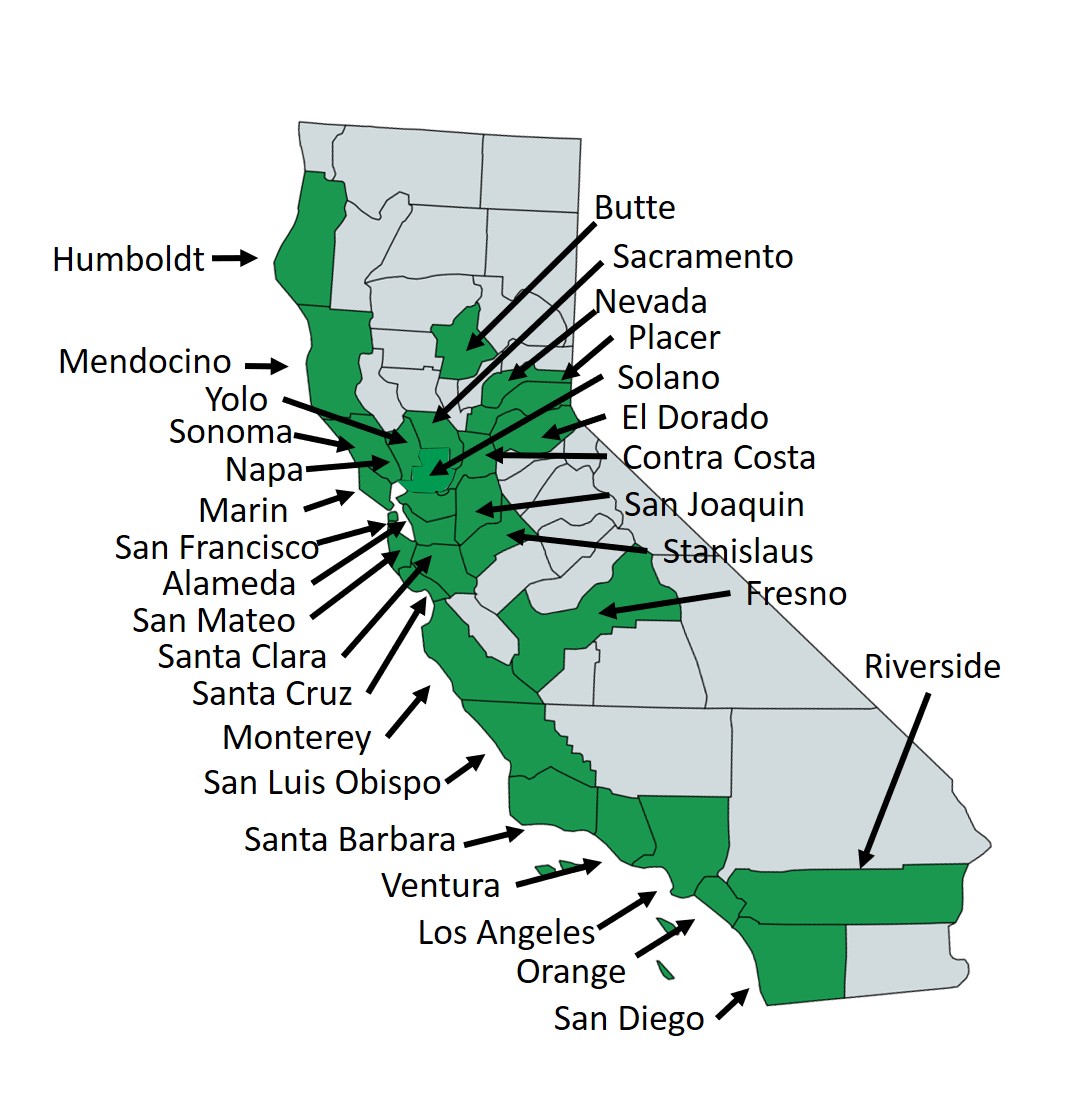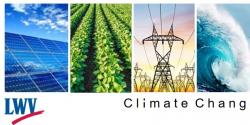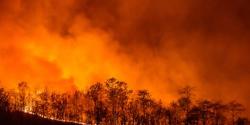Climate Change is an emergency. The League of Women Voters has recognized the urgency and is working across the U.S. at grassroots and state levels. The League supports climate goals and policies that are consistent with the best available climate science and that will ensure a stable climate system for future generations.
The California Climate Interest Group (CCIG) is coaliton of League members across California who are working on climate action. As a member of the CCIG you can take climate action at the level that works for you, even if your local League does not have climate change as a priority. The CCIG steering team sends periodic notifications on climate change issues, events, and actions. We share our work to make the whole much better than the parts.
The CCIG held three forums across the state in 2019, The first was the SoCal Forum for LWVs in the area of the Los Angeles Basin June 22, the NorCal Forum in Sacramento September 14, and the San Diego area Forum, November 9, 2019.
What California Leagues Are Doing
Local Leagues across California are working on a wide variety of issues related to climate change. Counties where most action is happening are mostly coastal, but activity is increasing farther inland.
- Municipal Climate Action Plans: participating in development of plans and monitoring to see that results are reached.
- Green Infrastructure: Supporting use of natural systems in urban settings.
- Energy Efficiency: Helping to move urban communities to be efficient, resilient and sustainable in a zero-carbon economy.
- Community Choice Aggregation (CCA): Supporting 100% renewable electricity via CCAs where appropriate,
- Building Electrification: Advocating to move away from natural gas to all electric in buildings
- Transportation: Evaluating the role of mass transit, electric and autonomous vehicles, and land use.
Coastal Communities are working on Sea-Level Rise, including impacts on coastal communities, and need for new zoning.
More Rural Areas are working on carbon storage in natural systems, including Healthy Soils and Forests, and on Wildfires.
Climate Change Education is happening across the state, with Leagues hosting climate events, partnering with others, holding workshops and forums, speaking out at government meetings, and a host of other education opportunities.
Recently Past Recorded Events
Recordings, slides, and handouts are available at the links provided below.
- It's Happening. It's Now: The Climate Reports of 2018 link
- Effective Action in Advocating for Price on Carbon link
- You Can Make a Difference! Five Simple Actions to Reduce Emissions link
- Soil Health for Carbon Sequestration in the Face of Climate Change link
- California Cap and Trade - An Introduction link
- Utility Users Tax, or How to Bring Carbon Pricing to Your City link
- Food Production and Greenhouse Gases: Counting Carb Emissions link
- Beyond Fossil Fuels: Taking Action See recording of the panel discussion and Q&A in Part 1 and Part 2.
For more webinars on climate change see the LWV-Massachusetts Climate and Energy Solutions Series.
Take Action Locally
Would you like to have a discussion group or form a team on climate change for your local League? Host or co-host an event? Educate your members or the public? Learn what other Leagues are doing? Let us help! Contact us today at climatechange [at] lwvc.org!
Schedule a Local Event: The Climate Change Task Force will help you set up an event or presentation on climate change. The Task Force can help with contacts to other organizations, to find speakers, and to organize the event. Here are some options:
- A regional presentation joint with other local leagues,
- A panel discussion with many points of view and/or with several organizations,
- A local talk focused on a topic of local interest (e.g. sea level rise in Humboldt, agricultural changes in the Central Valley, forest effects in the foothills).
Form a Discussion Group or Team on Climate Change: A discussion group can be the beginning of a Climate Change Team. Examples of topics:
- A series of short talks by Lawrence Berkeley National Lab scientists to view separately and then discuss
- Review possible climate solutions from Drawdown by Paul Hawken
- Current legislation, city or county council issues and actions on climate change
- Review of local actions on climate change proposed by the California Air Resources Board and choose among them for your local focus
Resources
- Drawdown: 100 solutions to reduce global warming
- California's 2017 Climate Change Scoping Plan: most recent comprehensive climate plan for California
- One Person Can Make a Difference - in one graphic
- Natural and Working Lands
- Ice on Fire free HBO documentary on climate change and approaches to counteract it
- Climate Advocacy Lab information, data, articles by state
- Psychology of Climate Change Communication
- California Air Resouces Board Economic Sectors Portal
- Energy Policy Design
- The Diet that Helps Fight Climate Change video from the UC Climate Neutrality Project
- Clean Energy Progress: Use this interactive map to see investment and number of jobs and projects for solar, wind, and energy efficiency by state and congressional district.
- Digital Environmental Legislative Handbook: Use this compilation of legislation passed by all states. California is clearly leading.
- 100 Resilient Cities: Information on how cities around the world become more resilient to the physical, social, and economic challenges that are a growing part of the 21st century. California member cities are Berkeley, Los Angeles, Oakland, and San Francisco.




